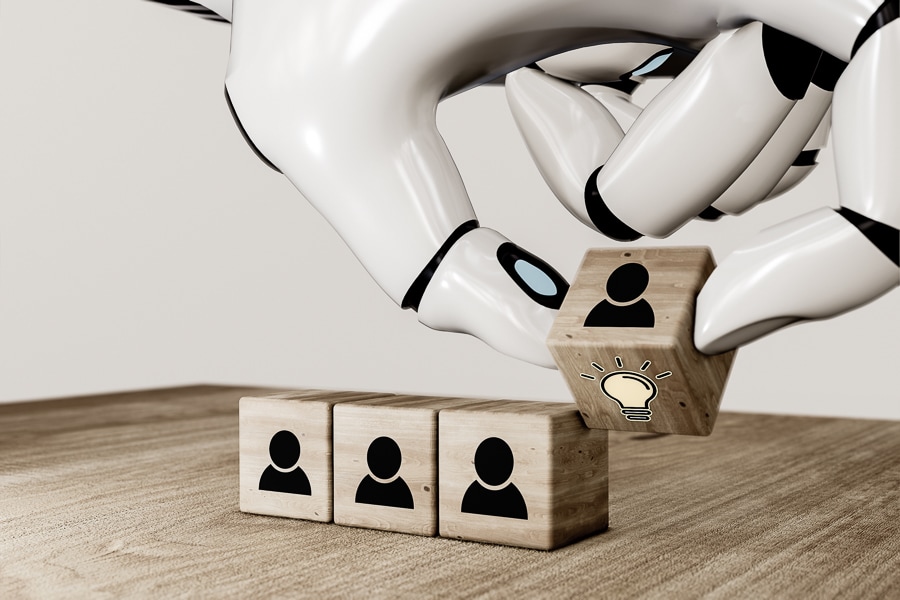How AI can help HR recruit and retain talent
AI can help making the recruitment and selection processes more effective and efficient for companies


 Image: Shutterstock [br]With corporate budgets stretched tight by the COVID-19 crisis, management is making room for artificial intelligence (AI) tools to help automate processes, saving time and money in many areas.
Image: Shutterstock [br]With corporate budgets stretched tight by the COVID-19 crisis, management is making room for artificial intelligence (AI) tools to help automate processes, saving time and money in many areas.
In a new book, IESE Business School professors José Ramón Pin and Guido Stein analyze the advantages that AI can bring to talent recruitment and retention processes, as well as the challenges that companies face in people management.
What talent do I need?
While it"s true that automation will eliminate some jobs, AI machines require training, explanations and maintenance, and human beings will fill these new roles. Companies will continue to require analytical and relational skills, and even physical power, thereby consolidating the need for people.
So, there will be jobs that are just for human beings (leading, empathizing, creating and judging) and others for machines (processing, analyzing, relating and adapting). But what"s important for companies now is to fill new intermediary jobs -- those in which people help machines to do their work and those in which machines enhance people"s capabilities.
Looking for candidates
Attracting the right talent involves a lot of data -- including the company"s search processes and data provided by the candidates themselves in their CVs and on social networks. AI can help extract more value from all this information, making the recruitment and selection processes more effective and efficient.
For example, IBM"s Watson chatbot, designed to hold conversations with human users, can track information in many documents in minimal time and interact with job candidates. This AI system can also give information to candidates and help guide them to the job openings that might provide a good fit.
Meanwhile, the use of online interviews -- now so prevalent -- can speed up the talent screening process, especially when combined with certain AI tools, such as facial recognition to determine, for example, if a candidate is looking at the camera or reading from a script. There"s also the analysis of micro-expressions, which can help identify the personality or thinking style of the interviewees as well as their emotional reactions to questions. The tone of voice in the interview and the choice of words used -- including in email correspondences, social media posts and other interactions -- may also be examined and analyzed.
Companies like Unilever already use these technologies to interview a large number of potential employees, which has reportedly helped them reduce recruiters" screening time by 75%. These systems can also be useful for candidates to help them prepare for interviews with predetermined questions, reviewing reports on their facial expressions and perceived personality traits to then improve their performances in the final interview.
HR departments may also use AI for welcoming and training new hires. In addition to transmitting information, corporate intranets can use AI to process data and learn from it. For example, Mindtree"s MACI chatbot is capable of answering employees" questions and it brings together more information that may interest them -- e.g., vacation policies, shifts, pay stubs, etc.
The possibilities for AI systems are undeniable. Large companies are already implementing these tools to automate many processes. To manage them properly, HR and top management should look closely at the challenges and opportunities of AI systems. The future is already here.
First Published: Mar 10, 2021, 16:29
Subscribe Now